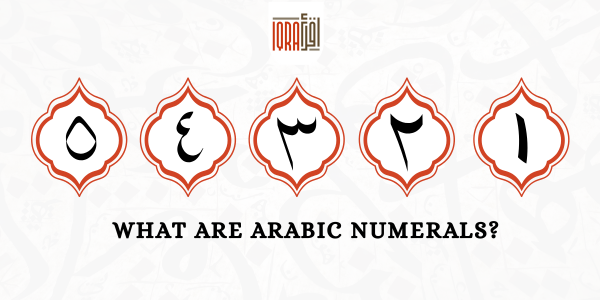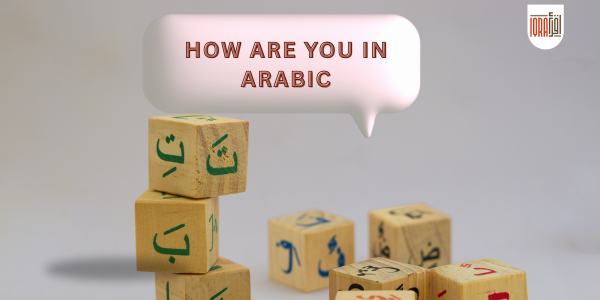Welcome to our comprehensive guide on Aqiqah, an important Islamic tradition that marks the birth of a child. This post delves into the frequently asked questions, rules, and Fiqh (Islamic jurisprudence) surrounding Aqiqah. Our aim is not just to inform but also to guide you through the spiritual journey of performing Aqiqah for your newborn
What is Aqiqah?
Aqiqah, in Islamic tradition, is the sacrifice of an animal on behalf of a newborn child. It serves as a gesture of gratitude to Allah for the blessing of the child. The practice finds its roots in the Sunnah of the Prophet Muhammad (peace be upon him), symbolizing the child’s entry into the Muslim community.
Detailed Rules and Fiqh of Aqiqah
Optimal Timing
The Sunnah recommends performing Aqiqah on the seventh day following a child’s birth. This timing symbolizes the child’s official welcome into the world and the Muslim faith. However, if circumstances prevent this, performing Aqiqah at a later date remains commendable.
The Right Animal
For a boy, the Sunnah is to slaughter two sheep, and for a girl, one sheep. These animals should be healthy, mature, and free from defects, mirroring the conditions required for Eid al-Adha sacrifices.
Sharing the Blessings
The essence of Aqiqah lies in sharing joy. Cooking and distributing the meat among family, friends, and particularly the needy fosters community bonds and spreads happiness.
Naming and Hair Shaving Rituals
Complementing the Aqiqah, naming the child and shaving their head on the seventh day embodies a physical and spiritual cleansing, preparing the child for a life of faith and devotion.
Importance of Aqiqah in Islam
Aqiqah goes beyond tradition; it’s an act of giving thanks, sharing prosperity, and affirming the child’s rights and responsibilities within the Islamic community. The Prophet Muhammad (peace be upon him) emphasized its importance, linking a child’s spiritual journey to the act of Aqiqah.
Can we donate the money instead of performing Aqiqah?
A question often arises among new parents in our community: Is it better to perform the Aqiqah or to give its equivalent value in charity? At IQRA Network, we understand the importance of following Islamic traditions while navigating the challenges of modern life. The practice of Aqiqah holds a special place in Islamic tradition, symbolizing gratitude to Allah for the blessing of a child and affirming the child’s place within the Muslim community.
Sacrificing an animal as part of the Aqiqah ceremony is preferable because it aligns with the Sunnah of the Prophet Muhammad (peace be upon him).
This act of sacrifice has a unique spiritual significance, representing the willingness to give for the sake of Allah and to share blessings with others. The Prophet “peace be upon him” emphasized the importance of Aqiqah as a means to express gratitude for the gift of a child, and through this practice, we also fulfill social responsibilities by distributing meat to family, friends, and especially the needy.
However, we recognize that circumstances vary and not everyone may have the means to offer this sacrifice. In such cases, giving charity with the intention of Aqiqah is a meaningful alternative. It is a beautiful demonstration of faith and compassion, ensuring that the essence of giving and gratitude remains at the heart of this celebration.
Is Aqiqah mandatory?
Regarded as-Sunnah Mu’akkadah, Aqiqah is highly recommended but not obligatory. Those with the means are encouraged to observe this practice reaffirming their commitment to Islamic values.
Delayed Aqiqah?
The timing, while significant, is flexible. The essence of Aqiqah lies in its performance, symbolizing the continuous nature of Islamic practices and the importance of intention.
Conclusion
Aqiqah is a beautiful Sunnah that strengthens the bond within the Muslim community through acts of gratitude, charity, and social responsibility. If you wish to learn more about Aqiqah or other Islamic practices, don’t hesitate to sign up here or explore our courses here. Your journey towards understanding and fulfilling Islamic traditions starts with a single step, and we are here to guide you through each one.
For comprehensive insights and guidance, consider visiting:
- Fiqh course for detailed Islamic jurisprudence.
- What are the rituals of aqiqah?
- Aqiqah donations
Remember, the journey of faith is continuous, and every step taken towards understanding and implementing the teachings of Islam is valuable. May Allah guide us in fulfilling our religious duties with sincerity and joy.





0 Comments
Oops comments are disabled